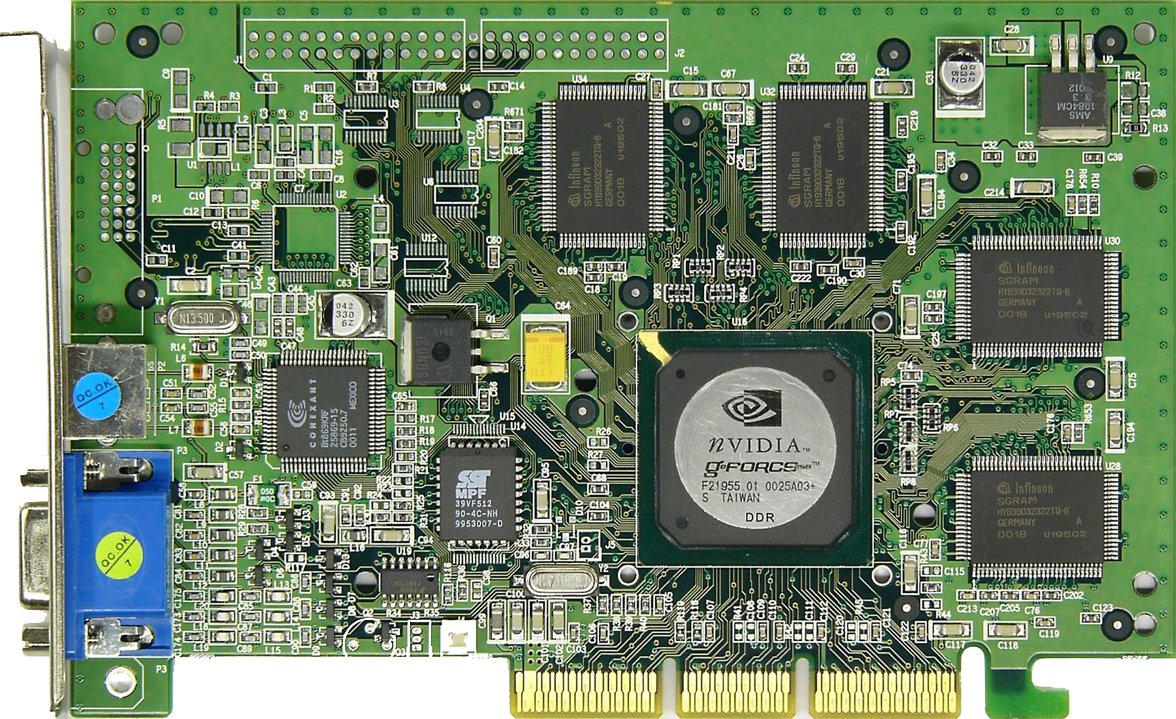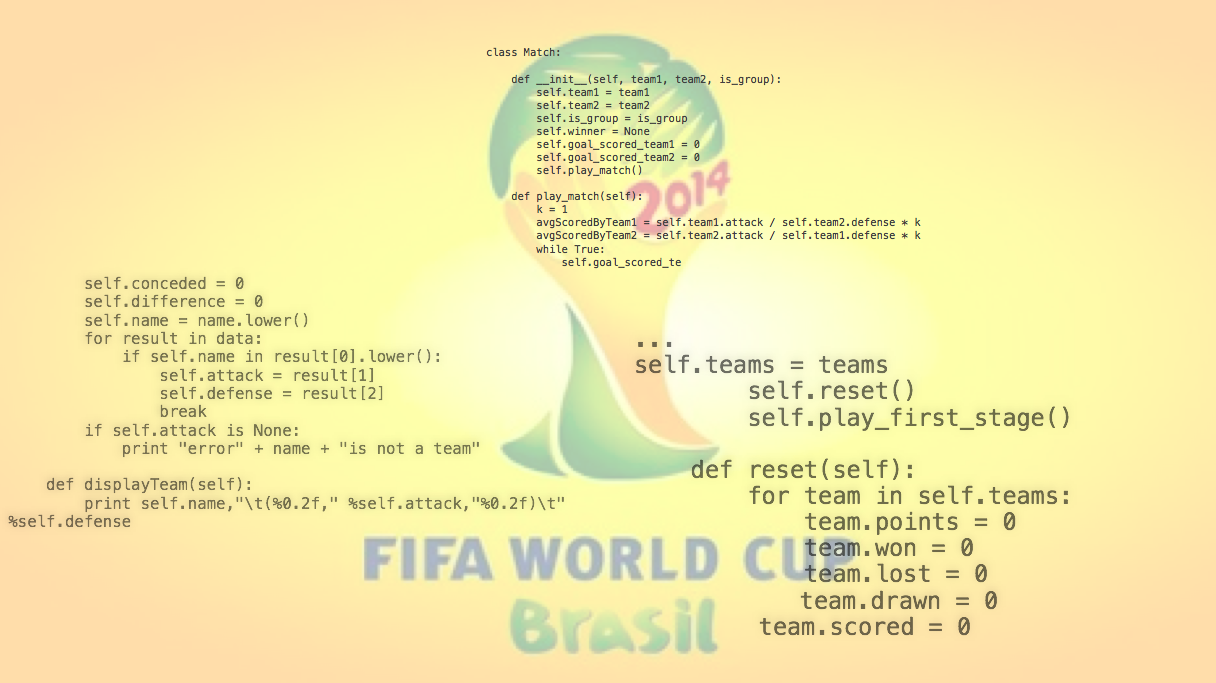Prototyping with Interface Builder

With the acquisition of Next in 1997, a new tool was initiated into the Apple family. Originally known as an enhancement of OpenStep, called NextStep, it caught the attention of the developer community under the name of Interface Builder, as part of the XCode suite. Now about to celebrate its 20th birthday, Interface Builder represents the most powerful IDE to design user interfaces in a development suite. It doesn’t matter if you are writing an app for iOS, Cocoa, tvOS or watchOS; when carefully used, it will save you hundreds of lines of code. For this and other innumerable reasons, many developers, like myself, love this tool.



